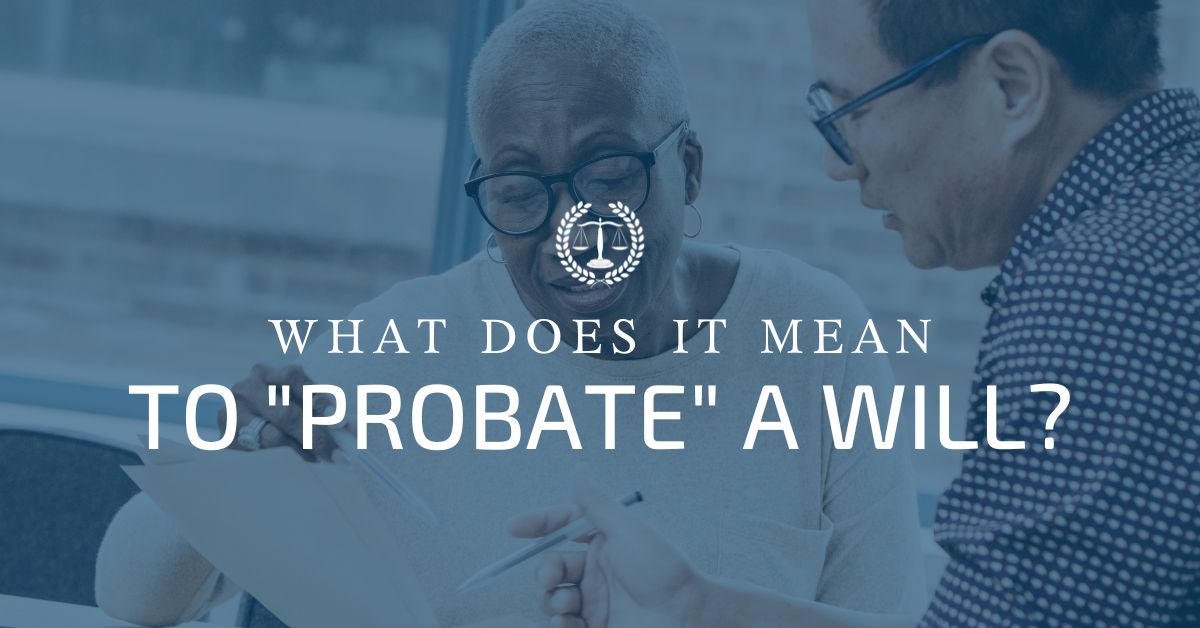In the simplest terms, probate is the legal process of giving recognition to a will, while also appointing the executor who will administer the estate and distribute assets to the beneficiaries. After one passes, the probate process begins and the estate is distributed to the proper beneficiaries. The process includes locating and pricing the deceased’s assets and paying their final bills and taxes. The probate process is overseen by a probate court, which is first tasked with determining whether the will is valid and then moves on to issues involving the will and following its wishes.
Each state’s laws describe the requirements to probate a will. These are found in the state’s “probate codes” as well as its describing requirements for “intestate succession,” which are the laws that apply when one dies without a will. Probate is still required in cases when there is no will as it is necessary to pay the deceased’s final bills and divide their estate.
When the probate process begins, anyone in possession of the deceased’s last will must file it with the probate court as soon as possible. The will is then validated by the probate judge, who may decide to open a court hearing that allows all concerned parties an opportunity to object to the will. Objections primarily occur when someone has a more recent version, or if one objects to the executor named in the will.
To confirm the validity of the will, the court relies on witnesses. A majority of wills include “self-proving affidavits,” where the deceased and witnesses sign an affidavit at the same time the will is signed and witnessed. If a will lacks this document, the will’s witnesses may be required to testify in court that they viewed the deceased signing the will. Once the will is deemed valid, the judge will appoint an executor who will preside over the probate process and settle the estate of the deceased. The executor is then in charge of locating and taking possession of the deceased’s assets so they are protected during the probate process.
In cases of real estate, the executor is not required to move into the deceased’s home. Instead, they must ensure that the property tax is paid and mortgage payments are made. Debts are then paid and tax returns are prepared and filed before the estate is distributed to the beneficiaries designated in the will. Once everything is settled and the will is distributed, the probate process is officially over.
At Mestayer Law Firm, our lawyers are skilled at creating final wills and testaments as well as helping guide clients through the probate process. We want to ensure that, after a family mourns the death of a loved one, they do not have to suffer through a long, drawn-out court process to access their loved one’s belongings. Probate should be an easy process, which is why the attorneys at Mestayer Law Firm are here to make sure the process goes as smoothly as possible.
If you need an updated will or need guidance through the probate process, call us today and we will be more than happy to help!
No representation is made that the quality of legal services performed is greater than the quality of legal services performed by other lawyers
This article does not create an attorney-client relationship. I am licensed to practice law in Mississippi and have based the information presented on US laws. This article is legal information and is for entertainment and informational purposes only and should not be seen as legal advice. You should consult with an attorney before you rely on this information. Any information provided in this blog is accurate and true to the best of my knowledge, but that there may be omissions, errors or mistakes.

